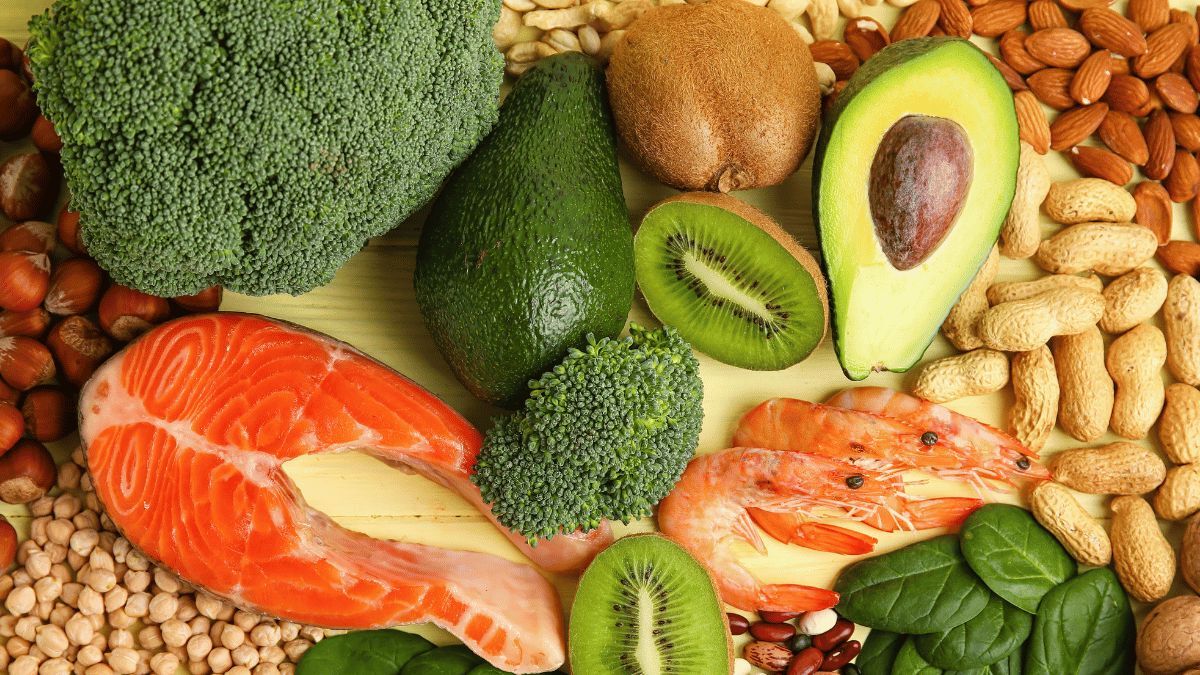
Ever wondered if that fuzzy kiwi skin is just a wrapper you toss away? Think again! Kiwi skin is not only edible but packed with nutrients that might surprise you. From boosting your immune system to helping with digestion, the benefits are too good to ignore. Sure, its texture might make some folks hesitant, but the perks of munching on this green goodness are worth considering. So, why throw away a part of the fruit that's bursting with vitamins and fiber? Let's peel back the myths and get to the juicy facts about kiwi skin nutrition. Ready to give your diet a zesty twist? Keep reading to discover 13 amazing facts that'll have you rethinking your next kiwi snack.
Key Takeaways:
- Don't peel that kiwi! Eating the skin adds extra fiber, Vitamin E, and Vitamin C to your diet, promoting better digestion, weight management, and healthier skin.
- Kiwi skin is a powerhouse of nutrients that can improve gut health, aid in weight management, and boost immunity. So, next time you eat a kiwi, don't forget to munch on the skin!
What's So Special About Kiwi Skin?
Many people peel kiwis before eating them, not realizing that the skin of this vibrant fruit is packed with nutrients. Kiwi skin is not only edible but also offers several health benefits. Let's dive into the nutritional facts that make kiwi skin a must-eat.
-
High in Fiber: Kiwi skins are a fantastic source of dietary fiber. Eating the skin can significantly increase your fiber intake compared to just eating the flesh. This extra fiber aids in digestion and can help prevent constipation.
-
Vitamin E: The skin contains a good amount of Vitamin E, an antioxidant that plays a role in protecting the body from free radicals and boosting the immune system.
-
Vitamin C: While the flesh of the kiwi is known for its high Vitamin C content, the skin also contributes a significant amount. Vitamin C is crucial for skin health, immune function, and iron absorption.
Can Kiwi Skin Help with Weight Management?
-
Low in Calories: Kiwi skin adds minimal calories to your diet, making it an excellent snack for those watching their weight.
-
Increases Satiety: The added fiber from the skin helps you feel full longer, reducing the likelihood of overeating.
How Does Kiwi Skin Promote Better Digestion?
-
Improves Gut Health: The fiber in kiwi skin acts as a prebiotic, feeding the good bacteria in your gut. A healthy gut flora is essential for optimal digestion.
-
Natural Laxative: Due to its high fiber content, kiwi skin can act as a gentle, natural laxative, aiding those with irregular bowel movements.
Does Kiwi Skin Have Any Antioxidant Properties?
-
Rich in Antioxidants: Apart from Vitamin E and C, kiwi skin contains several other antioxidants that help fight oxidative stress and may reduce the risk of chronic diseases.
-
Folate: Kiwi skin is a good source of folate, a nutrient important for cell division and DNA synthesis. Folate also plays a role in reducing the risk of certain cancers and heart disease.
Is Kiwi Skin Good for the Skin?
-
Promotes Skin Health: The antioxidants and vitamins in kiwi skin can contribute to healthier skin by combating skin damage caused by the sun and pollution.
-
Collagen Production: Vitamin C in the skin aids in collagen production, essential for skin elasticity and firmness.
Are There Any Other Benefits?
-
Improves Cardiovascular Health: The fiber and antioxidants in kiwi skin can help lower cholesterol levels and improve heart health.
-
Boosts Immunity: With its high content of vitamins and antioxidants, kiwi skin is great for bolstering the body's immune system, helping you fight off illnesses more effectively.
A Fresh Perspective on Kiwi Skins
Kiwi skins aren't just a quirky addition to your fruit bowl; they're nutritional powerhouses packed with benefits. From boosting digestion with their high fiber content to enhancing skin health thanks to vitamin E, these fuzzy exteriors are worth a second look. Antioxidants in the skin, like vitamin C and E, fight free radicals, reducing signs of aging and bolstering the immune system. Plus, with folate and potassium also in the mix, kiwi skins contribute to heart health and more. Next time you reach for this fruit, consider eating it whole. Not only will you cut down on waste, but you'll also give your body a variety of essential nutrients. Embracing kiwi skins is a small change with big potential benefits for your health.
Frequently Asked Questions
Was this page helpful?
Our commitment to delivering trustworthy and engaging content is at the heart of what we do. Each fact on our site is contributed by real users like you, bringing a wealth of diverse insights and information. To ensure the highest standards of accuracy and reliability, our dedicated editors meticulously review each submission. This process guarantees that the facts we share are not only fascinating but also credible. Trust in our commitment to quality and authenticity as you explore and learn with us.


